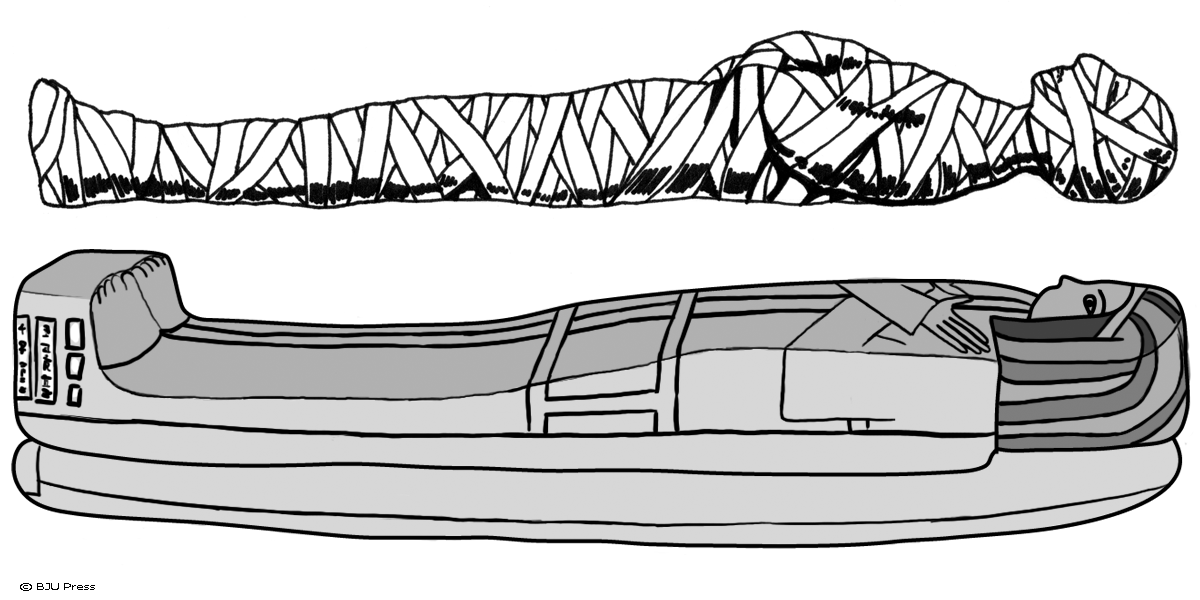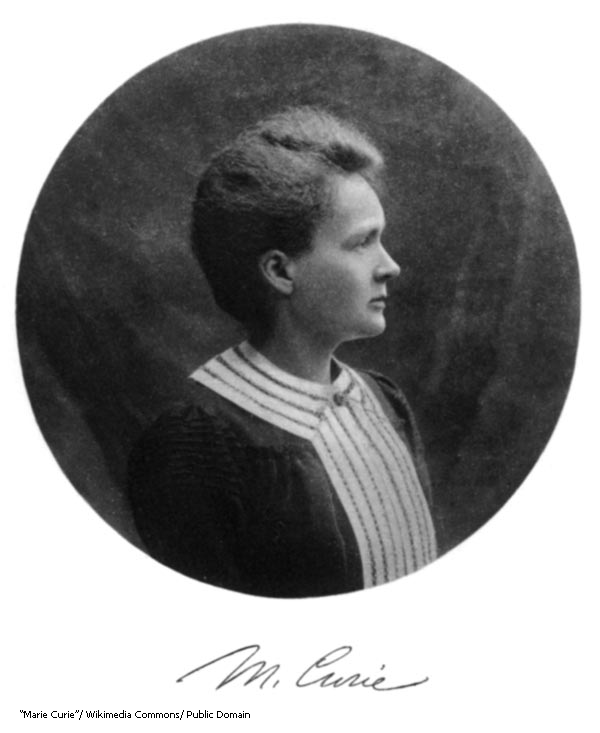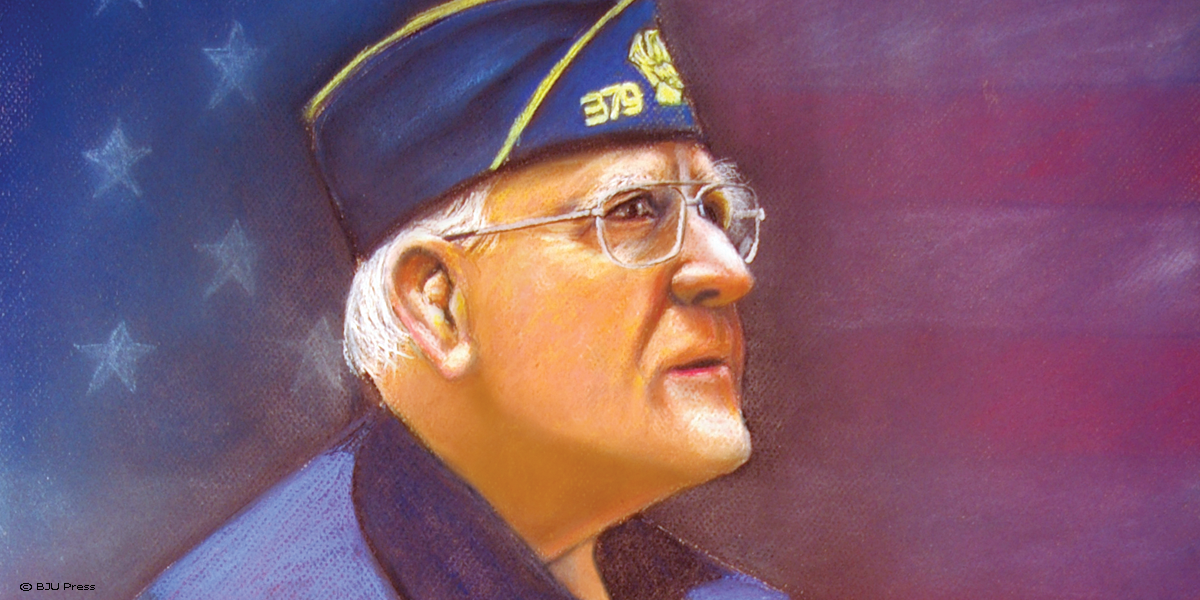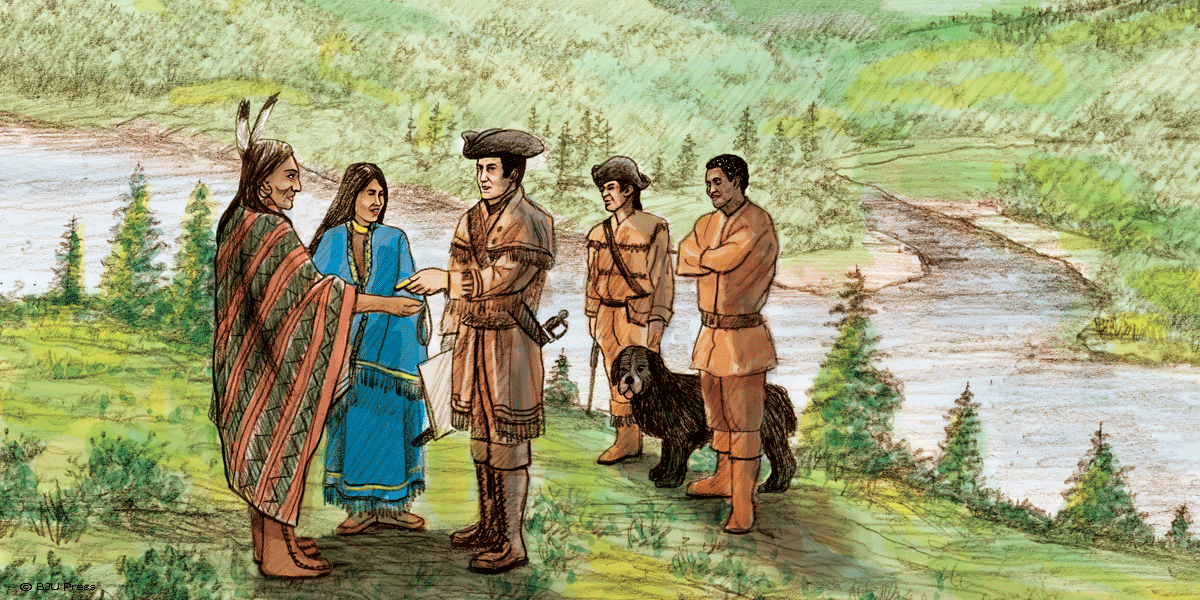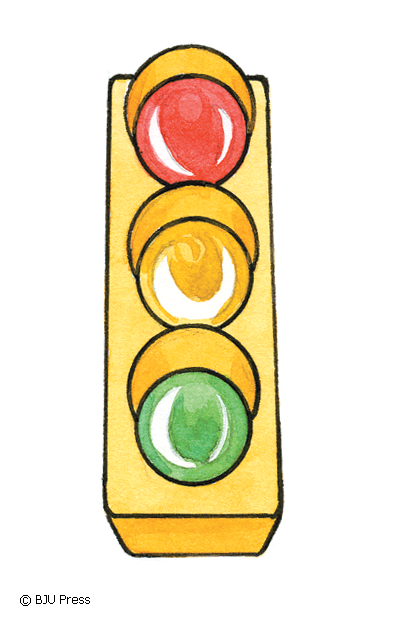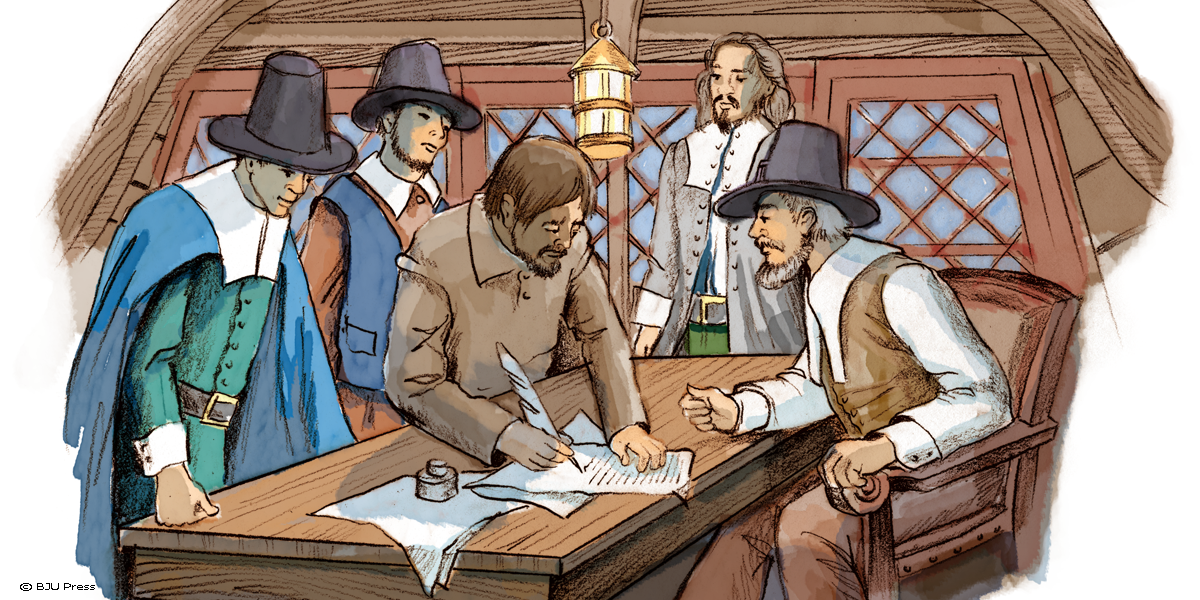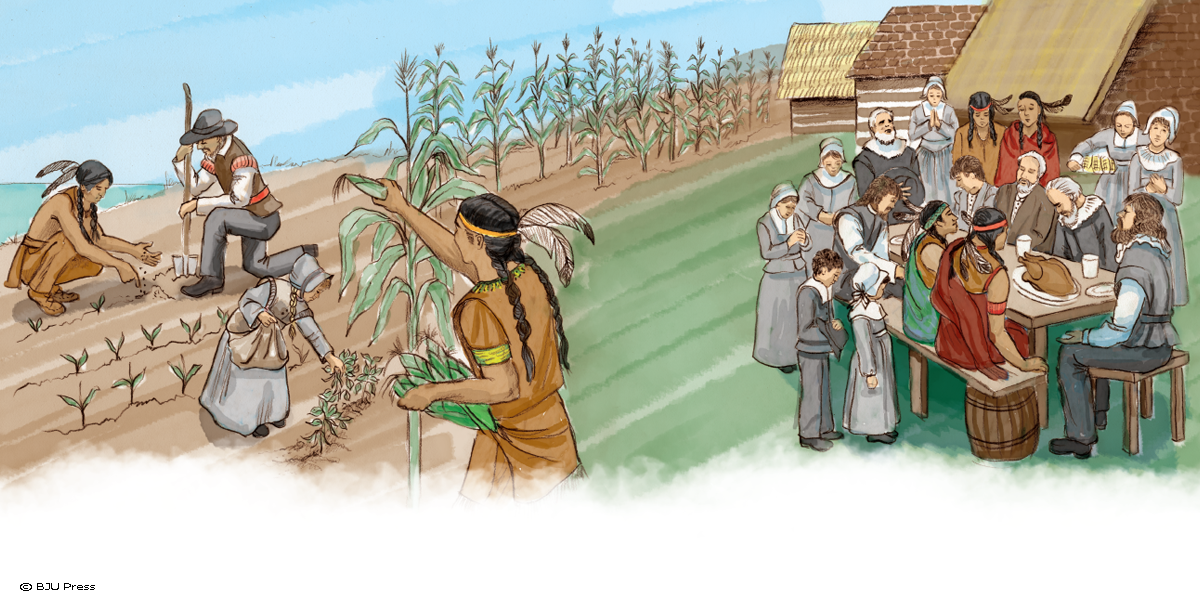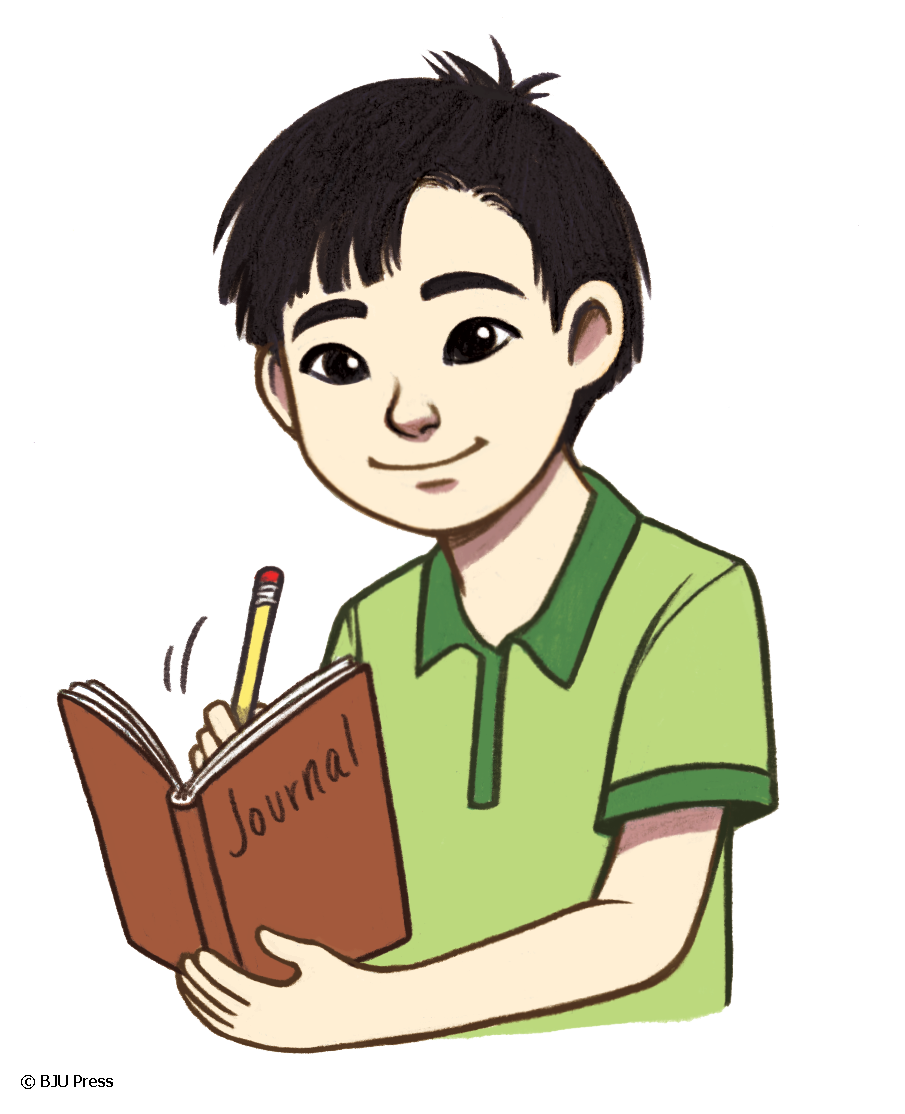 November has a heritage of blessings! There are many things to celebrate. It must be the start of the holiday season! I hope you and your family take time to reflect on God’s blessings this year (James 1:17). To start us off, here are two month-long observances worth mentioning.
November has a heritage of blessings! There are many things to celebrate. It must be the start of the holiday season! I hope you and your family take time to reflect on God’s blessings this year (James 1:17). To start us off, here are two month-long observances worth mentioning.
Native American Heritage Month
Remember this month’s observance by highlighting the notable Native Americans mentioned throughout this post. You can also find more teaching resources from the National Archives.
NaNoWriMo
What’s the most words you’ve ever written? Try cranking out fifty thousand words this month, just for fun. Yes, fun! This special challenge does my literary-loving heart some good, although I must confess writing that many words (and having them all intelligible) seems overwhelming. Start small and find ways to incorporate National Novel Writing Month into your kids’ learning with ideas from Write a Novel in a Month.
November 4
The discovery of King Tutankhamun’s tomb occurred on this date in 1922. It wasn’t until about a month later that the archeologists were able to open the tomb and discover what treasures the Egyptians had placed with his mummy. View these images of the earthly wealth that surrounded King Tut, and take an opportunity to discuss how as Christians, we can lay up treasure in heaven (Matthew 6:19–21).
November 7
Marie Curie was born on this date in 1867. She taught physics at the Sorbonne in France but is probably most famous for her work with radioactivity. It was through this research that Marie and her husband discovered two elements (polonium and radium). Marie also won a Nobel Prize in chemistry and another in physics for her work. This chart of the Periodic Table inspires me to remember all the elements! Can you find curium, named for Marie and Pierre Curie?
November 11
Veteran’s Day honors all the men and women who dedicate their lives to serving in the American armed forces. While this federal holiday started as a remembrance for those who served in World War I, it now serves as a day to show tribute for all service men and women from every American war.
In particular, there’s a small, but significant group who helped to defend our nation at a critical time in history. Known as the Navajo “Code Talkers,” this group of Native Americans worked with the US military during World War II. This communication system is the only unbroken code in military history. The code itself was so complex that even native Navajo speakers would not be able to make sense of the cryptic messages. Because of the classified nature of this code, these veterans were not recognized for their efforts until decades after the war ended. Watch these Navajo Code Talker interviews.
November 17
On this day in 1805, Lewis and Clark reached the Pacific Ocean. Their journey took about two years—now we can travel across the continent in just hours! The purpose of their exploration was to chart the land west of the Mississippi River contained in the Louisiana Purchase. Lewis and Clark took notes on plant and animal life, geography, and Native American tribes. Their journey started in Missouri, and they went all the way up to Oregon (where they saw the Pacific Ocean) and back again.
The success of their expedition depended in part on a Native American woman named Sacagawea. She helped the corps with her insights into Native American culture. Sacagawea’s best- known contribution to the exploration came when her own tribe, the Shoshone, agreed to provide horses to carry the corps. Checkout this interactive lesson about the expedition!
November 20
On this day, the three-position traffic light was patented in 1923 by Garrett Morgan. Since previous traffic lights offered no warning between go and stop, this invention helped to decrease the number of auto accidents. Remember to drive safely especially if your kids are soon-to-be backseat drivers! I think a game of red light, green light would be great to include for today’s family activity. Don’t forget to add the yellow light (walking) too!
November 21
The Separatists completed the signing of the Mayflower Compact in 1620. This document listed the rules the colonists agreed to live by as their ship landed in “new” territory outside of the land granted to them by the English government. Read the text of the Mayflower Compact. Does your family have a similar “code of conduct” that your kids can relate to?
November 26
In the United States, we celebrate Thanksgiving Day on the fourth Thursday in November. We often think back to the first Thanksgiving shared by the Pilgrims and the Wampanoags. Many details about this event may be mythical, but we do know that the Pilgrims took a day to celebrate God’s goodness.
One of the blessings God gave to the Pilgrims was a friend named Squanto (Tisquantum). His ability to speak English gave Squanto opportunities to help the Pilgrims as they established their colony in the New World. He taught them how to live off the land and served as a negotiator between them and the surrounding Wampanoag tribe. Squanto’s efforts allowed peace to exist between the two groups for almost fifty years. Find ways to celebrate this special holiday by being a blessing to others and spending time with family. You’ll also want to be on the lookout for a Thanksgiving-themed roundup post I’ll be sharing in a couple weeks.
